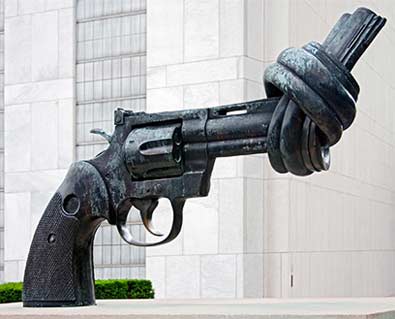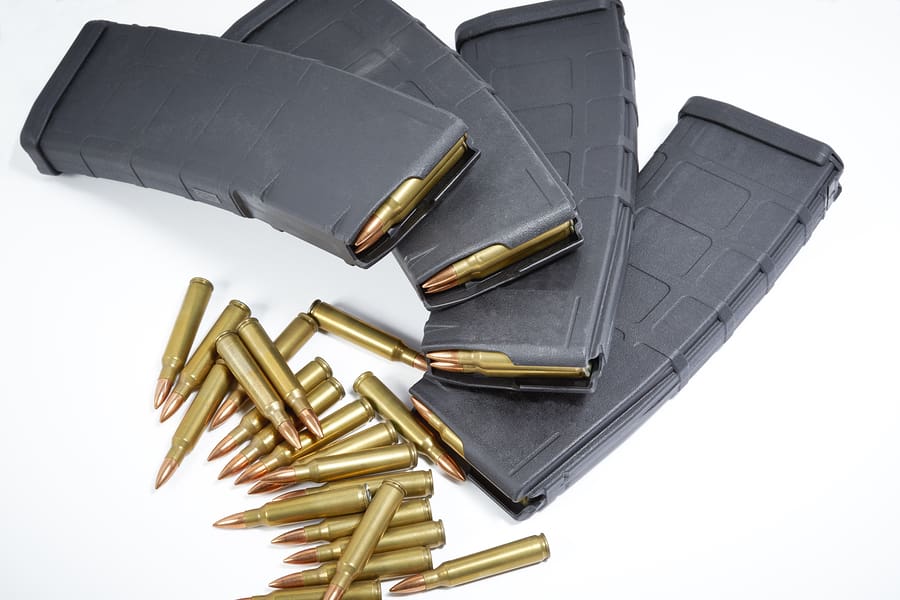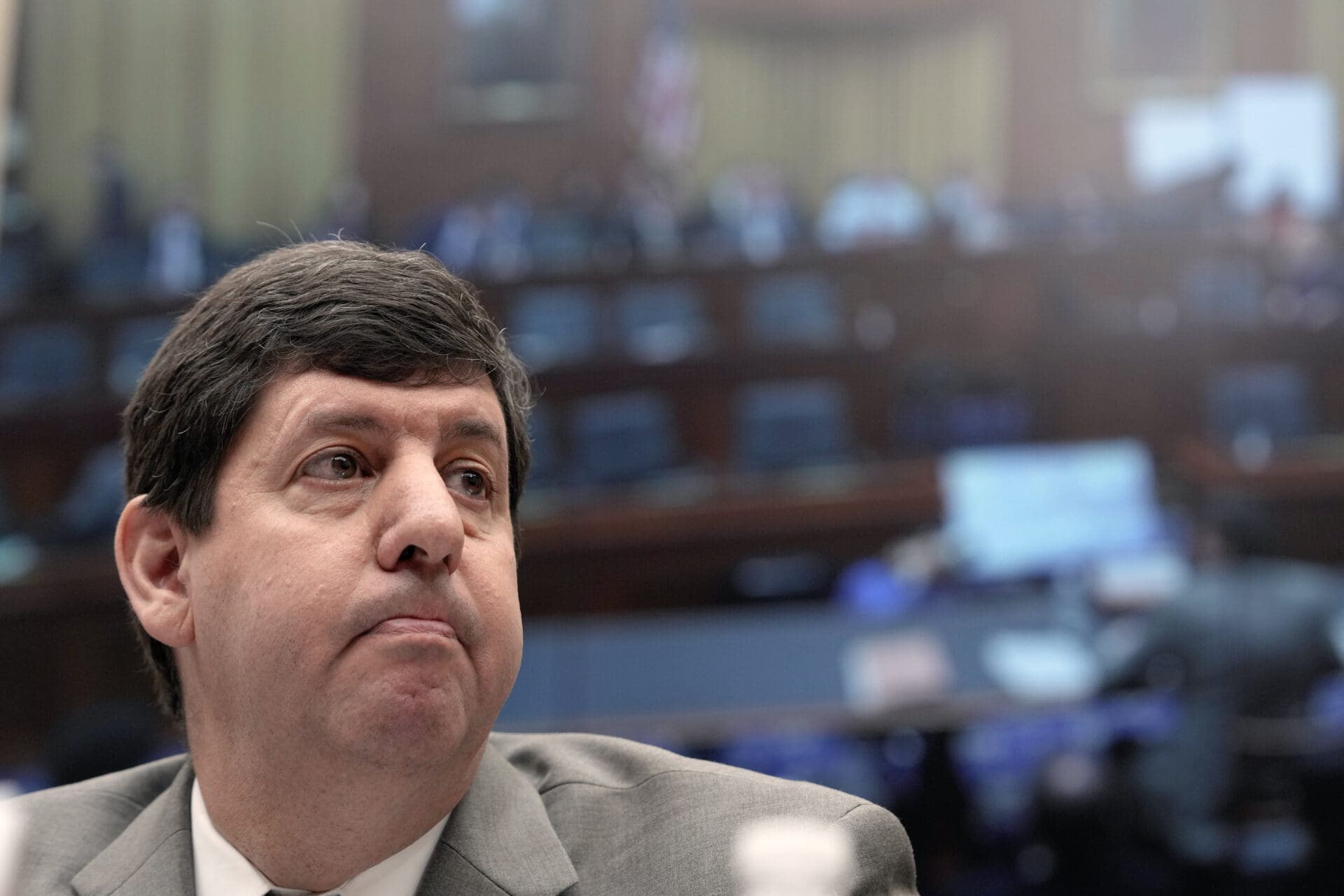From TTAG contributor GottalovetheUN:
Here’s my interpretation of the draft U.N. Arms Trade Treaty (for what it’s worth I am an attorney, but I don’t practice international law. I practice complex commercial litigation). This treaty is designed to prevent the export of weapons to human rights abusers, which is something that I think we can all agree is a laudable goal (whether this will accomplish that goal is another question entirely) . . .
At its core, this treaty requires that the signing state (e.g., the U.S. federal government) create a “control system” (i.e., bureaucracy) to review the proposed export of weapons to make sure they won’t be used in genocide or other such things. For example, if Colt wanted to sell 10,000 rifles to a warlord in Africa, the newly created government agency would say no. If, instead, Colt wanted to sell a ton of M4s to the French military (all that rail space is perfect for mounting their white flags), the sale would be approved.
I don’t think this concept is a problem from a 2A prospective. The new federal “control system” would only cover exports, which doesn’t affect us. Nothing would stop companies for selling their guns domestically. From an economic prospective, however, requiring government approval for international sales would be a burden on American businesses. The question is whether the regulatory burden is worth it. I’d say no. Countries like the U.S. are not the problem. The problem is countries like Iran, and I doubt we can trust them to properly govern their own exports.
The other thing this treaty requires, and the one thing that could cause a problem from a gun rights prospective, is the requirement that the State “monitor and control, where necessary and feasible, conventional arms covered by this Treaty that transit or transship through territory under its jurisdiction.”
While this requirement doesn’t necessarily mean that firearms in private hands will be tracked, it would require Congress to take some action on the subject, and that is risky. It is one thing to prevent a bill from passing. Here, however, a bill must be passed. So, we are left battling over the terms. This provides gun control advocates the opportunity to try to slip in language that goes beyond the bare minimum required by the treaty.
Overall, while I certainly would like to prevent the transfer of weapons to warlords and terrorist organizations, given that each country is essentially self-regulating under this treaty, I doubt it would have any effect. Add in the uncertainty of the “monitor and control” provision, and I am definitely opposed to the treaty.





+1
Robert, I like the way you do bidness brah. You always keep it one hunned with everything.
“to prevent the transfer of weapons to warlords and terrorist organizations”
— Unfortunately, I no longer clearly see a difference in comparison with the behavior of many nation states.
“The new federal “control system” would only cover exports, which doesn’t affect us”
— Initially, the federal income tax was only applicable to the wealthiest of Americans. That was why few Americans opposed its passage. Then decade after decade it grew and spread its tentacles. Programs grow and expand — its a symptom of this disease called government.
I agree, no treaty for me!
Thank you Robert for the Cliff Notes version 🙂
+1
I am going to take the time to really study it but great article. For a government which is to big, adding more is not the answer. I don’t think our domestic manufacturers have ever been fingered for selling arms to bad guys to begin with. I reality a lot of the arms are made in garages in Pakistan or sold and transferred by Iran and other governments who could care less. Would a treaty affect Iran? How about Syria? All these governments are already be sanctioned by the UN and thumbing their noses at them. Korea too, so it won’t stop the bad guy getting guns from bad governments.
I realize this is a really simplified view of a really complex situation, but…
Sometimes you need to get rid of the grey area and make it black and white!
Bottom line is that the UN has proved itself neutered. Do away with the whole damn organization- its a joke. If it can’t do a damn thing to stop a mass genocide, I say it has no place in world politics to begin with. Fin.
“This treaty is designed to prevent the export of weapons to human rights abusers, which is something that I think we can all agree is a laudable goal ”
Hasn’t China already accused us of being a human rights abuser,
simply due to the existence of the second amendment ?
“Can’t trust Iran…”
They can’t trust us either man. We fund the people who set off bombs in their country, killing innocents. Not that much different.
Actually no that would be Israel going after nuclear scientists, but not related.
Being a scientist is a dangerous business.
And we fund Israel. Just like how Iran funds Hezbollah.
And yeah, science just got real. Kinda scared to get into that PhD program now… lol
For example, if Colt wanted to sell 10,000 rifles to a warlord in Africa, the newly created government agency would say no
Isnt this redundant? Don’t they all ready have to get State Department approval to export arms?
Yes. We already have laws like the Arms Export Control Act that regulate the export of weapons. The idea of the treaty is to set a minimum standard for the export of weapons that would be followed by all countries.
To the extent that a state already has some sort of regulatory structure that imposes the same or a higher standard than is required by the treaty, that country would presumably rely on their existing system.
So in other words, no reason to support the treaty at all.
Yes and no. The export requirement would be a good thing for those countries that do not have them. However, the tranship tracker is a show stopper.
“monitor and control, where necessary and feasible, conventional arms covered by this Treaty that transit or transship through territory under its jurisdiction.”
I interpreted the intent here to mean that if I sold weapons to Syria, but the plane landed in Greece to refuel, then Greece’s version of the ATF would have to become involved. That’s meant to prevent the “see-no-evil” defense when China sell missiles to Hezbollah.
That’s my interpretation of the authors’ intent, but we all know what happens when laws are left up to the government’s interpretation.
The intent is to prevent a legitimate buyer from passing small arms to an illegitimate buyer. So if a government is fueling a terrorist group that is attacking that States neighbors, the ATT would (in a very weak connotation of theory) help to prevent it. That is never going to work, and will only burden those Nations willing to abide by it.
and if china violates the treaty, what? they have veto powers at the un. we gonna send blue helmets into china or russia to confiscate the 2 main weapons of rogue states and groups, the ak and rpg? like all gun control this will only effect those living by the law to start with.
“… this treaty requires that the signing state (e.g., the U.S. federal government) create a ‘control system’ (i.e., bureaucracy) to review the proposed export of weapons to make sure they won’t be used in genocide or other such things.”
I agree that this would not likely affect sales and transfers within the U.S.
There is something that Mr. Farago failed to see. Arguably lots of criminals in the U.S. use firearms manufactured in foreign countries. Of course lots of citizens in the U.S. purchase firearms from foreign manufacturers as well. My concern is that someone could use the provision cited above to restrict the flow of firearms from foreign manufacturers into the U.S. because of criminal use. Could that create a hassle for citizens who wish to purchase firearms made in foreign countries?
The thing is, those exporting countries can already do that anyway.
If the Italian government decided that we are simply too violent and that they don’t want Beretta exporting any more guns to the US (for simplicity sake, pretend Beretta doesn’t manufacture any weapons in the US), they could simply pass a law restricting any export of arms to the US.
Other than diplomatic pressure (or war, I guess), there is nothing we could do to get them to change their mind. It’s their country, and they can block export of weapons if they so desire. 2A would not apply.
I see your point and agree. If the U.S. signed the treaty, it would not affect other country’s exports to the U.S. And as you said they could choose to cut off the flow of arms right now.
Nothing to see … move along.
The UN is worthless and needs to be abolished. It only serves as a refuge for international playboys who pretend that they have a real job.
When the UN shows us it can actually do something about member states behavior maybe I’ll believe their treaties are worth considering. But only the law abiding abide by their actions and that ends up bad for all of us.
“Warlords and terrorists.” I know what you mean. Everyone (more or less) at TTAG and its readership knows what you mean. And I’m pretty sure every last bureaucrat at the UN or whatever jurisdiction would agree with all of…Oh, wait: I think I spy a problem.
Just as you did.
Here is a compromise we can agree on: Let every other country in the world except the USA sign the treaty, and then see how well they all abide by it. If they are all willing to sing kumbaya and be good little gummints, and all abide by the treaty, then the shipments of guns to eeevil dictators will stop. We can then say, “gee, that worked so well that we don’t need to sign it.” After all, no one in our wonderful State Department would be so nasty as to approve exports to evil dictators, right? We can trust our government to do the right thing. right? So when every other country in the world signs AND ABIDES BY the treaty, all will be good and peaceful and strife will end.
That should work as well as the Kyoto treaty. Remember that one? Canada, England, most of Europe and So. America – they all signed on to the “stop global warming” accords, and they all ignored the treaty and violated its terms.
We are just about the only country in the world that actually abides by the terms of treaties we sign – which explains why the UN and other leftist groups want so desperately to get us to sign on to their UN-run world government proposals.
“…the newly created government agency ”
I pass.
The US has already got an agency–it doesnot need to creae one, but some states would. You cannot move a single item that may effect national security without a pass from SEVERAL US governmental enities, such as Dept of Commerce, and the Department of State, and sometimes the Pentagon. This goes all the way from completed weapons systems (tanks, ships, aircraft) to radars, commmunications equipment, computer hardware and computer software. If you want to ship something out of this country, it ain’t moving nowhere without the proper permit and, where necessary, the proper permissions.This treaty does not change how the US does business; it is an attempt to get everybody else up to our standard.
Having spent way too much time complying with ITARS, I know we already have the laws, regulations and bureaucracy in place that are doing exactly what you describe as the intent of the ATT including transshipments. I still don’t feel we should sign on to this treaty (who decides who are the good guys and who are the bad guys?).
Whoa! Wait a minute…The UN to control gun “exports” means that they can control “IMPORTS” to the U.S. While this may benefit U.S. manufacturers who sell domestically it may make foreign made weapons impossible to obtain. I’ve been buying Beretta products for 40+ years at my local gun store and in some cases there are foreign manufactured weapons at a better price and quality than domestic manufacturers. Then there are problems for domestic manufacturers selling to legitmate foreign users. The UN has over the years have wanted to ban all personal weapons and haven’t tried to hide it. This is just the beginning of a nightmare waiting to happen.
Besides maybe Wal-Mart wants to sell Chinese made hand guns in their Super Stores to go along with the rest of their Chinese merchandise and they would have to get permission from the U.N.? Yeah…Sure…
No. No permission from the UN is required. Instead, the “offending” country may face sanctions of one kind or another. Each state steers its own destiny.
according to my latest glance at the news the un treaty is a no go. nobody could agree on it’s final form. sketchy info but that’s what i’m getting.
The only problem I see with this article is that it misses the fact that the United States already has arms export controls. So rather than asking whether we should have export controls at all (we already do) the question should be how it would change what we already have.
Surely those of us perusing online retailers of tactical items have noticed the disclaimers about ITAR export regulations, right?
http://en.wikipedia.org/wiki/International_Traffic_in_Arms_Regulations
ACCORDING TO FOX NEWS – US delegation asks for more time to think about treaty, Russia and China follow suit.
the treaty is dead for now.
The problem here is that the UN wants to stop export and import of said weapons. As a collector, I find this very repressive, I like my Tok and maks as well as rifles that came from a country that is not a country anymore. The history of these firearms will not be known, so we will not be able to “learn from history”.
Collecting firearms that work and fire modern cartridges is something I enjoy, I can fire these weapons without having to modify other brass to reload so I can shoot them. These weapons are not really something a gangbanger wants, many are bolt action, or single stack handguns with a 6 or 8 round capacity. They want modern firearms and/or fully automatic so they can keep parity with thier enemies.
The true purpose here is that the one world government types can establish control over the masses that just might disagree with thier actions and try to take back the country of thier birth.